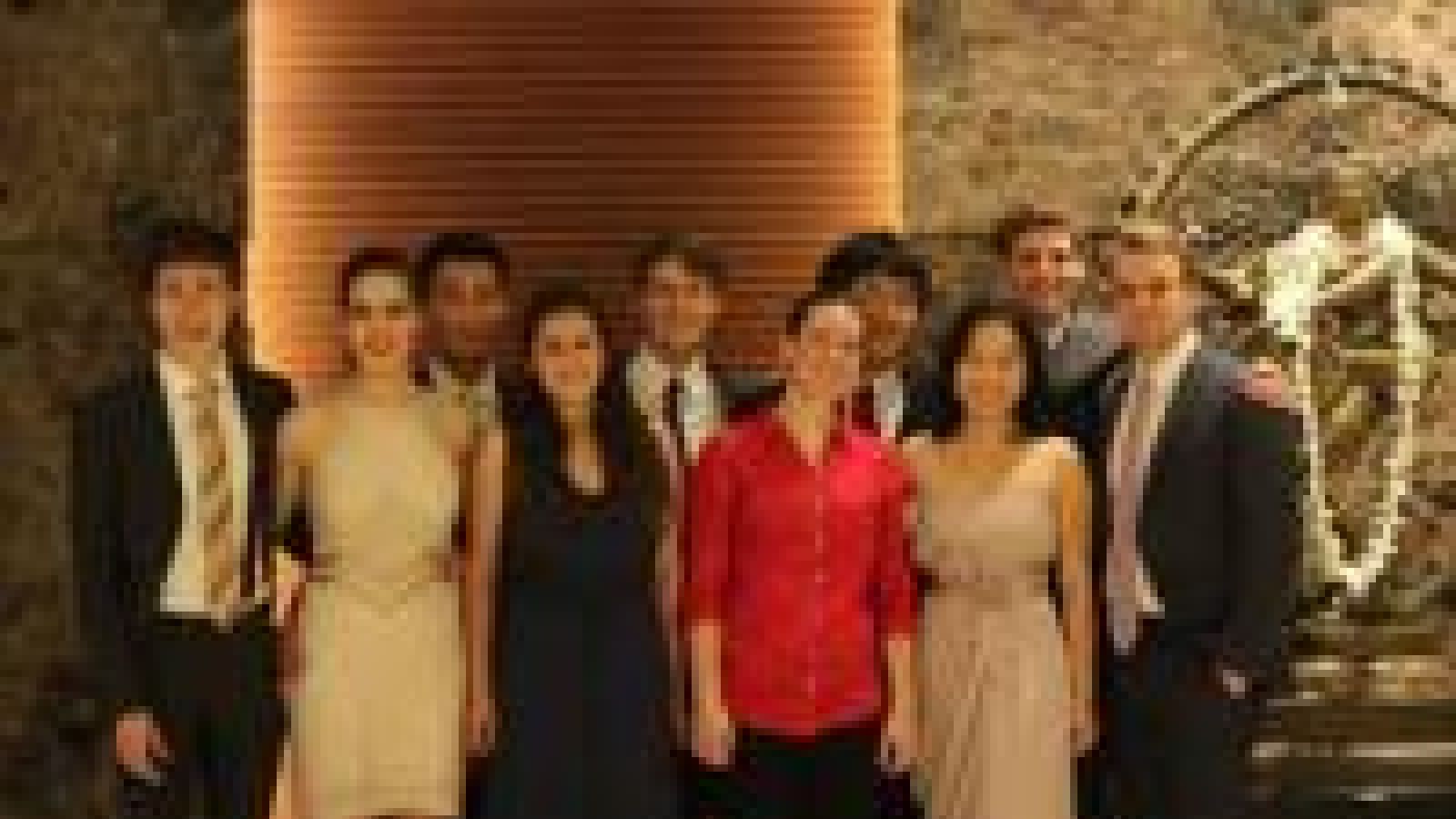ANU debaters take on the world

Debating at university is more than you might think. It can lead to international travel and life-long friends and memories, writes debater, adjudicator and CASS student VINCENT CHIANG. 
While debating might be perceived as nerdy in high school, at university, it’s serious business. Students travel all over the world to compete against one another, honing their persuasive skills speech after speech, week after week, to become great debaters.
The culmination of this is the World Universities Debating Championships (affectionately known as “Worlds”), the world’s largest debating tournament attended annually by over seven hundred international debaters.
This year, I was lucky enough to be a part of the ANU’s delegation to Worlds in Chennai, India, where dreams were realised, experiences were embraced, and of course, motions were debated. I am incredibly grateful (as is the entire ANU Debating team) to the ANU Students’ Association, which helped with funding for the trip.
Ten of us ANU students attended the tournament, and our first port of call was checking in at the four-star tournament hotel, the Taj Club House. Instead of heated argumentation, our first day was spent lounging in the hotel’s pool, enjoying the moderate Indian weather and meeting the tournament’s many other international (and Australian!) attendees.
Australia is extremely lucky, in that it has one of the most active debating circuits in the world. Worlds this year was no exception, and along with meeting debaters from Oxford, the National University of Singapore, Victoria University of Wellington and UT Mara, I mingled with friends from other Australian universities, many of whom I have known for years from competing in Australian debating tournaments.
Leisure time eventually ended, as we were told we’d have to leave early the next morning to attend the first round of the tournament. Upon arriving at the tournament venue, we were greeted by an impressive display of the competing nations’ flags, and soon thereafter, the tournament began.
Over the course of the three days of preliminary debates, I saw speakers discuss topics like effectiveness testing for drugs, hook-up culture, the Trans-Pacific Partnership, NATO, and even the commodification of indigenous cultures. As an adjudicator, it was my task to decide the fates of the competing groups on panels with other debaters, including past Worlds champions.
Between debates, the ANU contingent enjoyed gossip about how all the Australian teams were going, some distinctively non-Indian lunches (it was soup, chips, and a burger every day) and evening socials at a local abandoned theme park.
The highlight of the tournament was on New Year’s Eve, when the teams proceeding to the finals series were be announced. In an intensely emotional moment, there was an enormous roar of cheering as the tournament hosts announced (at midnight!) that an ANU team featuring Thomas Goldie and Yi-An Shih, would be advancing to the finals series ranked #11 in the whole tournament, ahead of the best teams from Oxford, Yale, London School of Economics and Stanford.
Celebrations were in order, and we spent the rest of the night congratulating the team, drinking merrily (and responsibly), and, at around 4am, being told off for being too noisy by hotel management.
And then the finals came. The ANU team put up a tremendous effort, first advancing through the Octo-finals negating the motion “This house believes that Japan should shame its soldiers who participated in WWII, including those who did not commit war crimes themselves”.
Sadly, the ANU winning streak came to a halt in the quarter-finals when St. Andrews and future grand-finalists Glasgow were able to out-analyse our Australian heroes.
It was a sad moment when the result was announced, but also a triumphant one, for this was the furthest ANU Debating had made it in the World Championships for many years. For the rest of the tournament, we held our heads high, knowing that we had achieved greatness.
In the end, a team from Harvard University won, besting other teams on a motion concerning liberalisation of the Indian economy. Coincidentally, a number of Indian officials and management consultants seemed to be at the grand final venue too, and I suspect they may have taking notes on the cases presented by the grand finalists for their own purposes.
All-in-all, I was deeply proud of the incredible ANU performance at Worlds, and immensely grateful for being able to enjoy such a wonderful experience. By the tournament’s end, I had adjudicated on panels with some of the world’s future leaders, and determined the results of some of the highest quality debates in the world.
Above all else, at Worlds I made life-long friends, bonds and memories with people who I will stay in contact with well into the future. So for anyone considering a co-curricular activity at university – even those who have never tried public speaking before – I do recommend debating. It’s not just a hobby, but a profoundly fulfilling way of life.